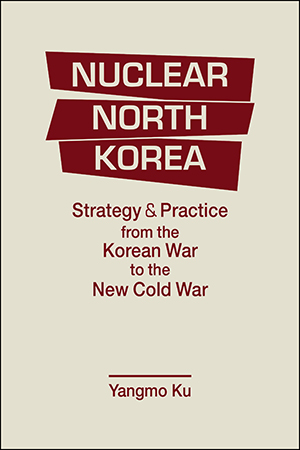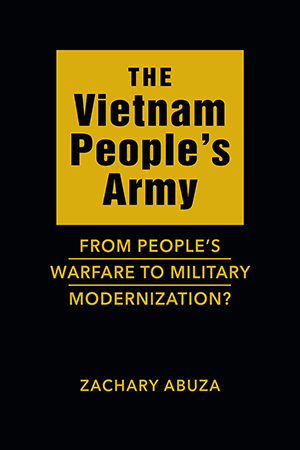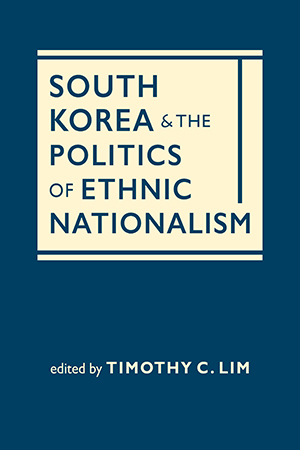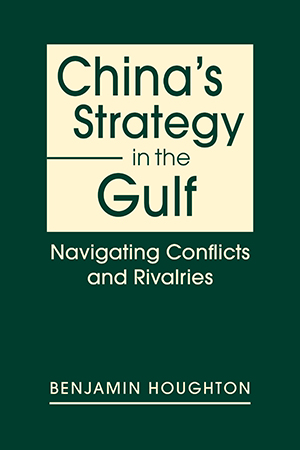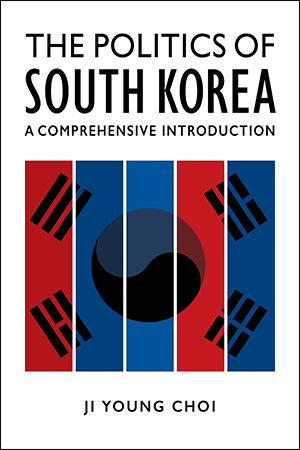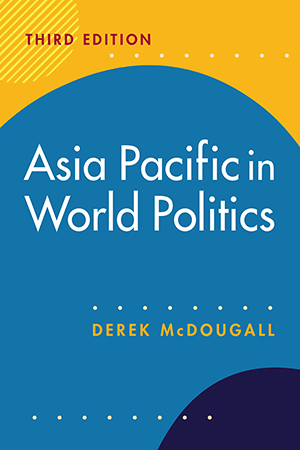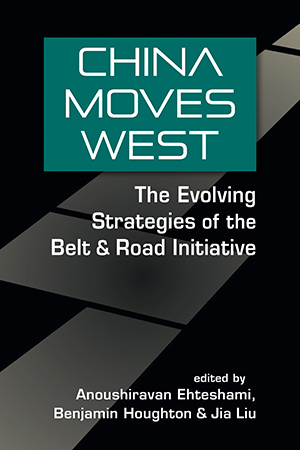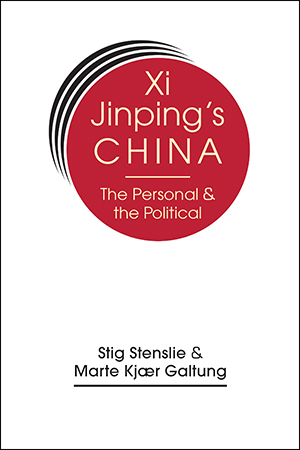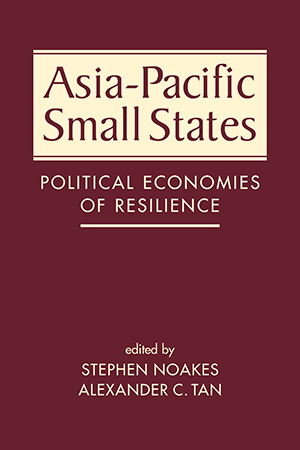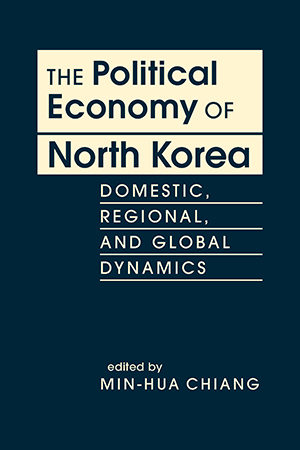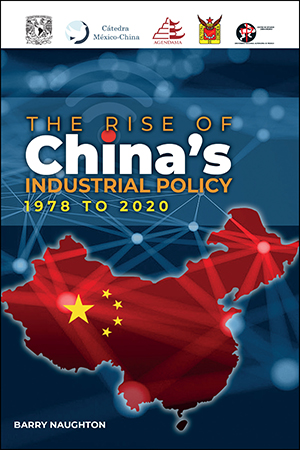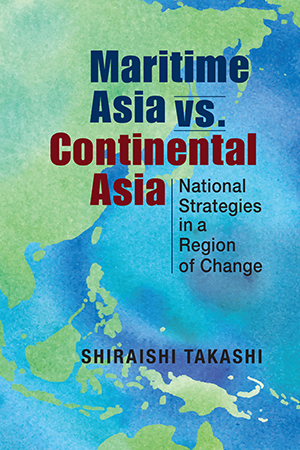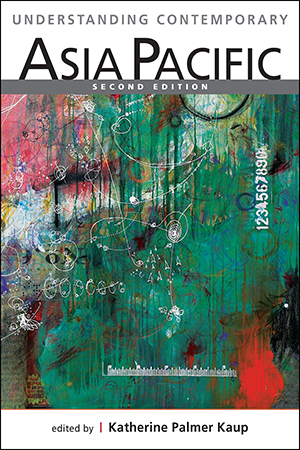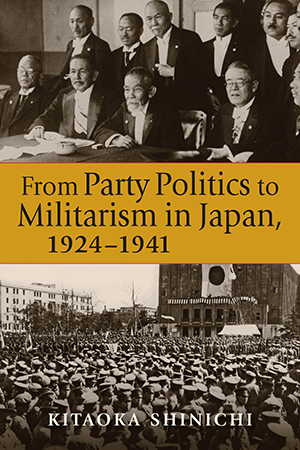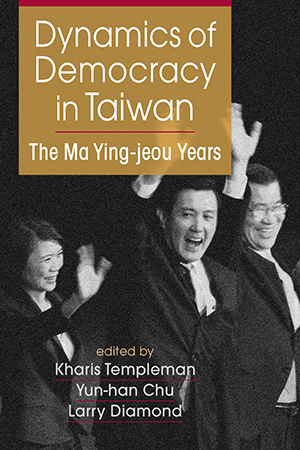Asian Politics
Despite crippling economic hardships and intense international pressure, North Korea has managed to become a nuclear nation. What drove the country to so resolutely prioritize the More >
Can the Vietnamese military, which decades ago defeated the French, the Americans, and the Chinese, move away from its tradition of "people's war" to adapt to both the More >
Though for decades South Korea was considered the quintessential homogeneous nation-state, the more recent influx of significant immigration has given rise to intensely debated questions More >
China's foreign and security policy in the Gulf region has been characterized by the cultivation of strong positive relationships with all of the Gulf states, irrespective of their More >
Once an impoverished, autocratic country, in just a few decades South Korea has transformed itself into a vibrant democracy with a highly developed economy. Using a comparative perspective More >
This new edition of Asia Pacific in World Politics reflects the impact of nearly a decade of significant events and shifts in the region: the escalation of the conflicts between China and More >
In September 2013, Xi Jinping announced the launch of a Chinese-led megaproject, the Belt and Road Initiative, that would transform Asia's position within the global economy. Some ten More >
With steely determination, Xi Jinping has forged his way to absolute power at home, consolidated China's role as a global superpower, and promoted instrumental myths about his life. All More >
Both the spread of Covid-19 and the intense US-China rivalry have been sources of stress for national economies throughout Asia Pacific. The authors of Asia-Pacific Small States, eschewing More >
Driven by foreign investments and exports, the economies of many East Asian countries have seen dramatic growth—but North Korea has lagged behind. Why? What are the country's More >
Can China's remarkable, rapid emergence as a large economy and technological power be attributed to specific policies, and more generally to a Chinese program of industrial policy? More More >
Shiraishi Takashi reflects on the diplomatic challenges facing the countries of Asia in today's geopolitical order, exploring historical context, long-term trends, and current More >
Understanding Contemporary Asia Pacific provides a comprehensive introduction to one of the most complex and rapidly changing regions in the world today. This thoroughly revised new More >
The years in Japan between June 1924, when a coalition cabinet of three political parties was established, and December 1941, when the country declared war on the United States and Britain, More >
During the Ma Ying-jeou presidency in Taiwan (2008–2016), confrontations over relations with mainland China stressed the country’s institutions, leading to a political crisis. More >



